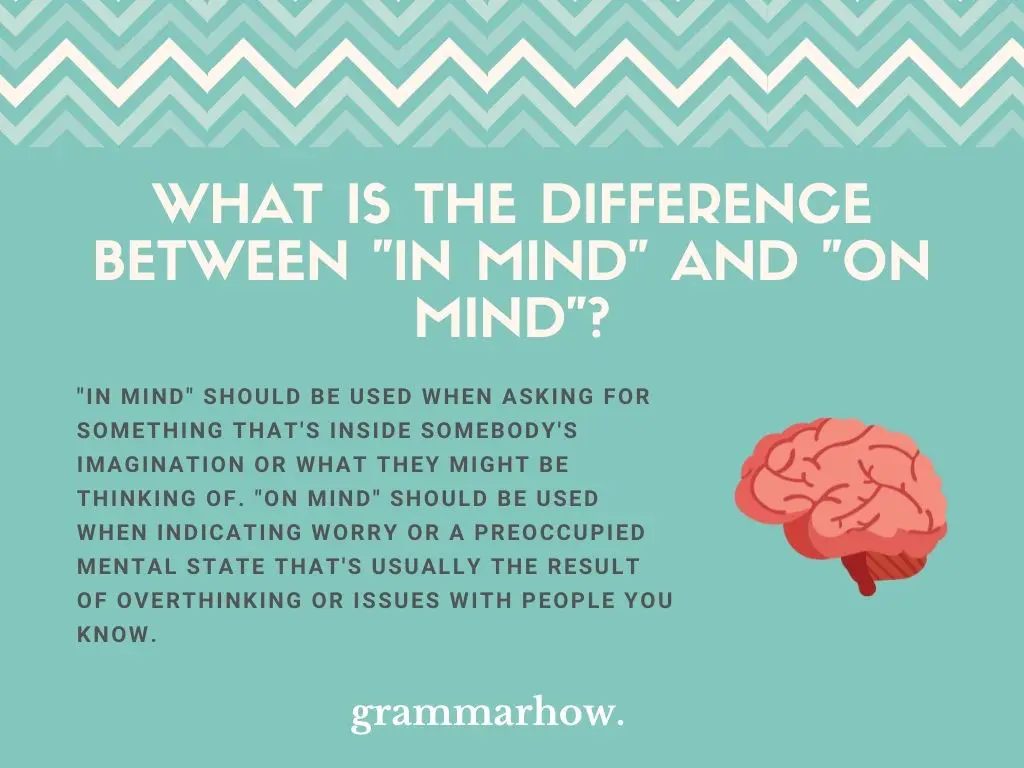The Role of Therapy in ADHD
Finally, seeking professional guidance can be invaluable. Specialists like ADHD coaches and therapists offer personalized strategies for success. Cognitive-behavioral therapy (CBT) has proven effective in helping individuals with ADHD develop coping skills and address negative thought patterns. Medication, guided by professionals, is an option for ADHD symptom relief.
Furthermore, utilizing mindfulness apps and resources can help individuals stay committed to their practice. Many apps offer guided meditations, breathing exercises, and reminders to practice mindfulness throughout the day. Setting aside time for mindfulness practice, even if it’s just a few minutes, can significantly impact attention and emotional regulation.
One of the most effective coping strategies is establishing a structured routine. Individuals with ADHD often struggle with impulsivity and distractibility, which can lead to disorganization. Setting a consistent daily schedule can provide a sense of stability and predictability. Utilizing planners, digital calendars, or reminder apps can help individuals break down tasks into manageable steps and
allocate specific times for each activity. This not only aids in time management but also reduces the anxiety that can come from feeling overwhelmed.
Incorporating mindful movement into daily routines is another effective strategy. Activities such as yoga, tai chi, or even simply going for a mindful walk can help individuals with ADHD channel their energy in a constructive way. These activities encourage physical awareness and can enhance focus by promoting a sense of calm and grounding. Engaging in mindful movement allows individuals to connect their mind and body, creating a feeling of balance that can be particularly
beneficial for those with ADHD.
Another beneficial technique is body scanning, which involves mentally scanning one’s body for areas of tension or discomfort. This practice encourages individuals to connect with their physical sensations and can promote relaxation. To perform a body scan, individuals can lie down or sit comfortably, close their eyes, and systematically bring attention to different parts of their body, noticing any sensations without judgment. This technique not only fosters mindfulness but also helps individuals become more aware of their physical state, which can be particularly useful when managing ADHD symptoms.
As society continues to evolve in its understanding of ADHD, it is essential to foster an environment of acceptance and support for those affected by the disorder. Advocacy groups are working tirelessly to promote awareness, dispel myths, and encourage open conversations about ADHD. By sharing personal stories and experiences, individuals with ADHD can help others understand the challenges they face and the strengths they possess.

In conclusion, while ADHD presents unique challenges regarding focus and attention, there is hope in the form of emerging strategies that go beyond traditional medication. A combination of behavioral therapies, technological tools, physical activity, mindfulness practices, and dietary adjustments offers a comprehensive approach to improving focus for those affected by ADHD. As awareness of these methods continues to grow, individuals with ADHD can look forward to a future marked by enhanced concentration and productivity.
How to Practice Mindfulness Daily
Incorporating mindfulness into daily routines can also be simple and accessible. For example, parents can encourage children to engage in mindful activities such as yoga, tai chi, or even mindful walking. These activities not only promote physical health but also provide opportunities to practice focus and awareness. "Simple mindfulness practices, like deep breathing or nature walks, make a big difference," says Dr. Thompson.
The Role of Mindfulness in Education
Schools and institutions are also recognizing the benefits of mindfulness for students with ADHD. Many educational programs are now incorporating mindfulness training into their curricula, teaching children techniques to manage stress and improve focus. This shift is a promising development, as it equips young individuals with valuable tools to navigate their challenges both in and out of the classroom.
Common myths about
ADHD productivity hacks contribute to the stigma surrounding it. One prevalent misconception is that ADHD is merely a result of poor parenting or lack of discipline. In reality, research indicates that genetics play a significant role in the development of ADHD. Brain imaging studies have shown structural and functional differences in the brains of individuals with ADHD compared to those without the disorder. This evidence underscores the importance of understanding ADHD as a complex neurobiological condition rather than a behavioral issue stemming from environmental factors.
Conclusion: The Value of Mindfulness
While mindfulness is not a cure for ADHD, it offers a complementary approach that can empower individuals to take control of their symptoms. By fostering self-awareness and promoting coping strategies, mindfulness techniques can significantly improve the quality of life for those affected by ADHD. As research continues to evolve, it is becoming increasingly clear that mindfulness is a valuable addition to the multifaceted approach required to manage this complex condition effectively.